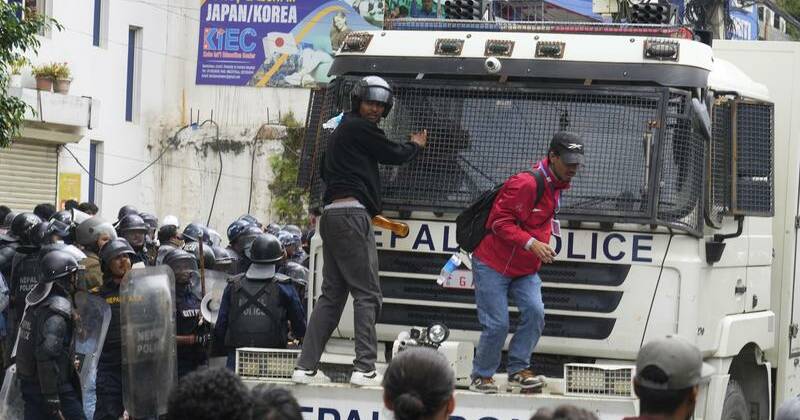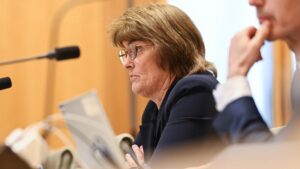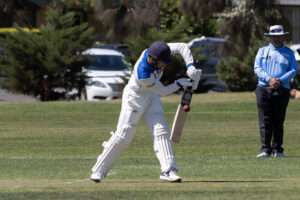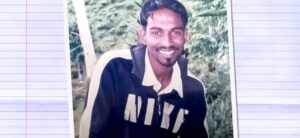
The government of Nepal has lifted a ban on social media platforms following violent protests that resulted in the deaths of at least 19 people. The ban, which affected platforms such as Facebook, X (formerly Twitter), and YouTube, was imposed last week amid rising tensions. The decision to restore access to these platforms was announced by cabinet spokesperson and Communications and Information Technology Minister Prithvi Subba Gurung.
The protests, termed “Gen Z” protests, erupted in the capital city of Kathmandu on Monday, where demonstrators clashed with police who opened fire on the crowd. Following the violent encounters, where over 100 individuals were injured, the government decided to roll back the social media restrictions. “We have withdrawn the shutdown of the social media. They are working now,” Gurung confirmed to Reuters on Tuesday morning.
In response to the unrest, authorities have instituted an indefinite curfew in the Kathmandu valley. Kathmandu district administrator Chhabilal Rijal stated that no protests, mass gatherings, meetings, or assemblies would be permitted during this period.
Prime Minister KP Sharma Oli expressed sorrow over the violence, attributing it to “infiltration from different selfish centres.” He announced plans for the government to provide compensation for the families of those killed and free medical treatment for the injured. An investigation panel will also be established within 15 days to assess the causes of the violence and recommend measures to prevent future occurrences.
The turmoil prompted the resignation of Home Minister Ramesh Lekhak during an emergency cabinet meeting convened by the prime minister. Thousands of protesters surrounded the parliament building, voicing their discontent over the government’s failure to regulate social media effectively. The government has been working on a bill aimed at ensuring social media platforms are “properly managed, responsible and accountable.” Critics have condemned this initiative as a potential tool for censorship and a means to suppress dissent among citizens.
The authorities claimed that around two dozen social media networks operating in Nepal were required to formally register with the government. Those that did not comply faced a ban starting last week. Neither Google, which owns YouTube, nor Meta, the parent company of Facebook, Instagram, and WhatsApp, provided comments regarding the situation. The X platform also remained silent on the matter. In contrast, platforms like TikTok and Viber have continued to operate without interruption after complying with local laws.
The situation in hospitals has become critical, with many victims of the protests admitted to the National Trauma Centre. Dr. Badri Risa reported that many of the injured were in serious condition, having suffered gunshot wounds to vital areas. Outside the hospital, families anxiously awaited updates on their loved ones, and blood donation efforts were underway to assist the injured.
Protesters outside parliament chanted, “Stop the ban on social media. Stop corruption, not social media,” while waving the national flags. The proposed government bill includes requests for tech companies to appoint local liaison offices to improve oversight and communication.
Nepal previously imposed a ban on TikTok in 2023 for allegedly disrupting “social harmony” and disseminating inappropriate content. This ban was lifted in 2024 after TikTok executives agreed to align with local regulations, including a prohibition on pornographic websites.
The recent events highlight the ongoing struggle for freedom of expression in Nepal, as rights groups criticize the government’s efforts to regulate social media as an infringement on fundamental rights. The situation remains fluid, with the government under pressure to address the underlying issues that led to the violent protests.







